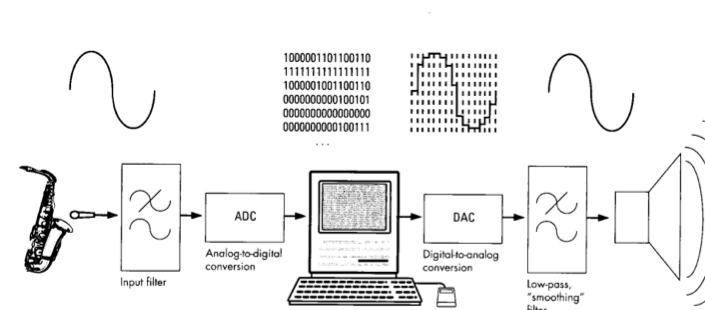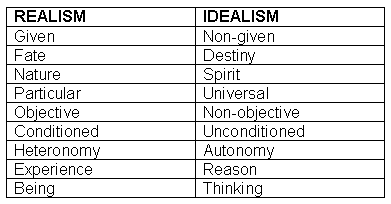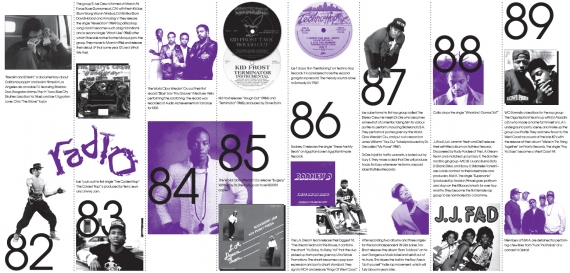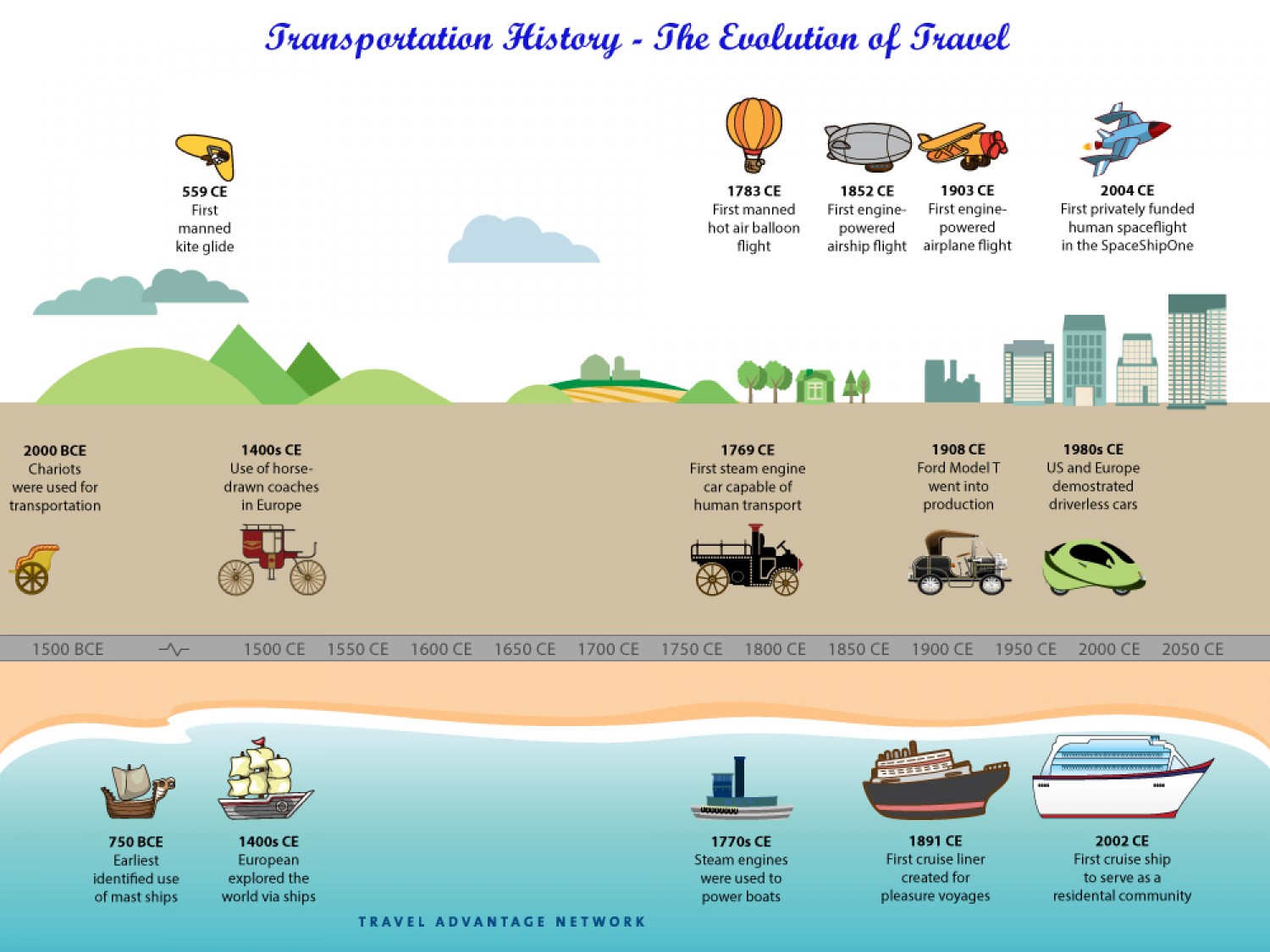
Nicholas Carr
The Shallows:
What the Internet Is Doing to Our Brains
What IS the internet really doing to our brains?
Have you ever stopped and taken the time to realize how much your brain does for you especially without you even realizing it?
No? Well then take a step back and read…
The Internet
Your Brain
Imagine you are reading a book…and at the same time you are reading that book you are simultaneously working on a crossword puzzle…this is what Nicholas Carr believes you are doing while you are using the Internet
Make sense? No? Well think a little harder…
The internet is continuously changing the way we all read, the way we all think, the way we process information. Sound a little bit more like a crossword puzzle now?
Nicholas Carr
“The medium IS the message…we have this different kind of ‘self’ than our ancestors”
The way YOU choose to convey THE message, IS the message
The Shallows
Carr believes that the internet is a medium based on interruption, and it is changing the way people read and process information
Research began for The Shallows after noticing a change in himself in his own ability to concentrate
“I’d sit down with a book, or a long article, and after a couple of pages my brain wanted to do what it does when I’m online: check e-mail, click on links, and do some Googling, hop from page to page” – Nicholas Carr to Robert Siegel
The internet is a chronic state of distraction that follows us long after we shut down our computers
Ask Yourself This…
Do the movies and TV you watch mimic the way you have always thought?
Have we learned by the way TV and movies have taught us to think it is the way it should be?
So I Asked Myself…
https://www.npr.org/templates/story/story.php?storyId=127370598










